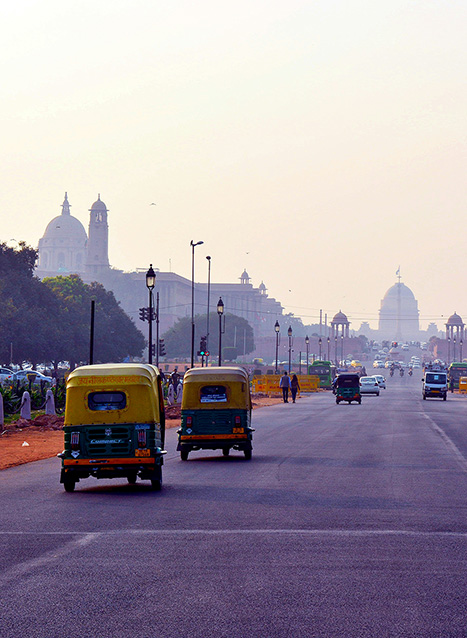Evacuations from High-Risk Locations Call +44 (0)1202 308810 or Contact Us →
Diwali 2019 and Relating Travel Risks

SITUATION SUMMARY
Diwali, also know as Deepavali, is the annual Hindu festival of light that celebrates the spiritual victory of good over evil, and light over dark. In the days leading up to and during the festivity, people decorate their homes with colourful decorations and oil lamps, called diyas.
Festivities last for five days and the date is calculated according to the Hindu lunar calendar. This religious festival also marks the beginning of the Hindu New Year and it usually falls between October and November; this year’s date is Sunday 27 October.
Diwali is celebrated largely in India (mainly in northern regions) where it is the most important holiday on the calendar, originating as a harvest festival. Each region has its own traditions and practices as well as deities, though, some elements are common everywhere.
In India, the most popular places to experience Diwali are Delhi, Jaipur, Amritsar, Varanasi, and Kolkata. The festival of light is also observed in Bali, Fiji, Guyana, Pakistan, Malaysia, Mauritius, Myanmar, Nepal, Singapore, Sri Lanka, Suriname and Trinidad & Tobago. Public events also take place in countries that have a large Indian population such as the United Kingdom and on many Caribbean islands.
SOLACE GLOBAL ANALYSIS
Although Diwali is considered peaceful and is popular among various cultures there do remain several potential risks.
The most prominent threat to travellers is petty criminality. During festivities, the large crowds allow pickpockets to operate freely.
Environmentalist demonstrations against the tradition have occurred in the past over the amount of smog that the number of firecrackers produces. Despite this, protests are normally small in size and often cause minimal disruption, especially when compared to the actual event. Minor injuries from stray crackers have been reported over the years.
Due to the event’s high-profile nature, there is a risk that terrorist groups may target festival celebrations. While terrorist groups mainly focus attacks on the Indian government and Indian military personnel, attacks on areas frequented by westerners and religious festivals cannot be ruled out. Diwali festivities last fell victim to such attacks in 2005, attacks were also attempted and foiled in 2011.
On 23 September 2019, local media reports stated that insurgent groups from Jammu and Kashmir and Pakistan were planning to target this years Diwali, these reports have not been verified by official sources at this time.
WHAT TO DO;
- Travellers to India are advised of the ongoing threat of terrorism. Terror attacks occur with little warning and often with indiscriminate targeting. As such, individuals should take particular care in the days leading up to and during Diwali. It is important to maintain situational awareness and report anything suspicious. – In the event of an attack travellers should follow the advice of RUN – HIDE – TELL – FIGHT.
- Travellers should also be aware of an increase in regional travel disruption both during the event and up to two weeks following. Diwali is followed by school holidays; overcrowding and congestion are a regular feature during this time.
- Large crowds should be avoided as much as possible. While they may initially seem peaceful, there is the potential for gatherings of this kind to escalate into stampedes and potential violence.
- Pickpockets can operate in crowded areas, keep an eye on your belongings and avoid overt displays of valuables.
- Diyas and fireworks are prominent during Diwali and part of the celebrations. Many people have reported receiving burn injuries and some clothing and textiles such as ‘dupattas’ or Indian scarves can easily catch fire.
- Travellers are advised to wear earplugs as some crackers are extremely loud and sound more like explosions.
- Given the gatherings of millions of people during this period, all travellers should employ enhanced medical and hygiene measures.
- The bursting of firecrackers worsens air pollution levels; the smog hangs low in the air on Diwali night increasing the risk of respiratory problems such as bronchitis and asthma as well as skin allergies, some travellers may wish to take a face mask.